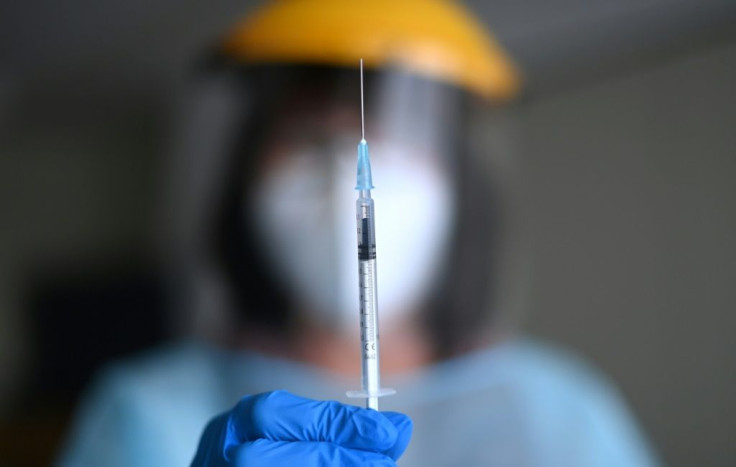Moderna & Pfizer Vaccines Might Not Hit 100 Million Dose Delivery Goal By March
The Moderna and Pfizer COVID-19 vaccines in the U.S. are behind on their distribution goal, which is to deliver 100 million doses each, by March 2021.
In order for the companies to hit these goals and milestones, they would have to speed up the process, increase their deliveries each week and make sure nothing logistically goes wrong.
Right now, they’ve only been delivering about 4.3 million doses a week. To reach that goal of 100 million doses, they would have to increase the deliveries to 7.5 million a week, according to NPR.
Michael Pratt, who’s a spokesperson for Operation Warp Speed, explained why there’s been a shortage of doses, and why it’s taking so long to get them delivered.
“Both companies continue to scale up production, and current forecasts indicate we are on track to allocate 200 million doses by the end of March across the vaccine portfolio. Operation Warp Speed continues to assess all available avenues to assist manufacturers to optimize and maximize their production processes as requested/required,” he told NPR.
David Gortler, a former senior advisor to the former Food and Drug Administration Commissioner, alluded to the fact that Pfizer is most likely running behind because it’s paying attention to the quality of the drug, not the quantity.
The Pfizer manufacturers have even cut deliveries in the European Union in half to help distribute more in the U.S., Reuters reported.
As for Moderna, there’s no explanation as to why there’s a distribution shortage.
The company found itself in the news last week after a San Diego clinic’s bach of doses caused several individuals to have allergic reactions. What caused these reactions is unknown, but the situation is said to have been isolated.
The CDC said that 19.2 million doses of the COVID vaccine have been administered to 16.2 million people to date.

© Copyright IBTimes 2024. All rights reserved.





















